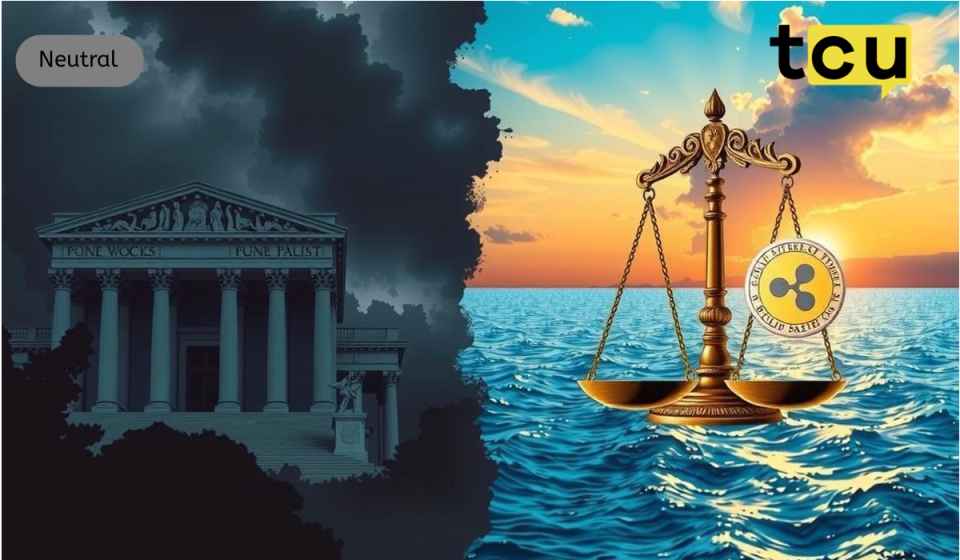The U.S. Securities and Exchange Commission (SEC) has intensified its ongoing legal tussle with Ripple Labs, officially filing an appeal against a July 2023 ruling that partially dismissed the SEC’s claims against the blockchain payments firm. Filed on Wednesday, the appeal primarily scrutinizes whether the sales of Ripple’s digital currency XRP to retail investors can be classified as unregistered securities transactions under federal law.
The SEC’s argument leans on the Howey Test, a legal precedent used to determine whether certain transactions qualify as investment contracts. The regulator asserts that Ripple’s marketing and promotional activities fostered an expectation of profits among investors, thereby framing XRP as an investment contract. However, Ripple and the SEC have yet to offer comments on this development.
The SEC had previously filed its appeal in October 2024, following the district court’s partial approval of Ripple’s stance in July 2023. This week’s opening brief represents a significant step in the appellate process, as the SEC lays out its arguments to contest the court’s prior decision.
In the brief, the SEC expresses disagreement with the district court’s conclusion that sales on crypto exchanges did not fulfill this standard. The agency stresses that investor expectations rely on the actions of the issuer, and not the identity of the seller. Moreover, the brief takes issue with the lower court’s decision to exclude XRP distributed in non-cash transactions, such as compensation to employees and business incentives, from securities laws.
The SEC stands firm in its belief that labor and services received in exchange for XRP meet the “investment of money” criterion as defined by the Howey framework. In contrast, Ripple’s legal team has staunchly denied the SEC’s allegations, insisting that XRP is a digital currency, not a security.
Ripple’s Chief Legal Officer, Stuart Alderoty, dismissed the SEC’s latest filing as a “rehash of failed arguments,” speculating that the case will lose steam under a Trump administration.
The result of this appeal promises significant implications on the crypto industry. The case is viewed by industry stakeholders as a litmus test for regulatory clarity concerning digital asset classifications. A win for the SEC could embolden the agency to pursue similar cases, while a loss could potentially limit its enforcement powers.
This legal feud, initiated in late 2020, has captured the interest of investors and lawmakers alike. Ripple has portrayed the SEC’s enforcement actions as a roadblock to innovation, casting the case as part of a larger discussion on the future of U.S. crypto regulation. A resolution in the appeals court is not expected until later this year.
![]()


